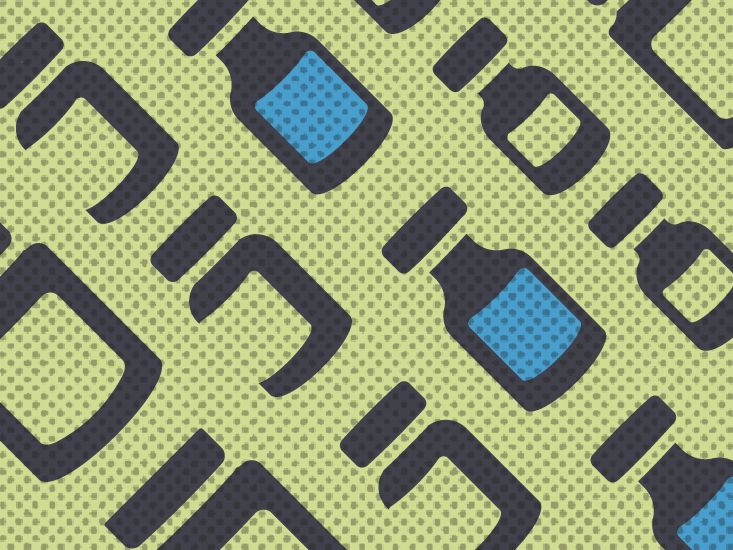The Potential Benefits and Risks of Drinking Coffee
Coffee is one of the most popular beverages around the world, with many relying on their daily caffeine fix to help wake them up and boost energy levels. However, there has been much debate around whether coffee is good or bad for health issues like rheumatoid arthritis (RA). Heres a closer look at the potential pros and cons of coffee for those living with RA.
Coffee Compounds That Impact RA
Coffee beans contain over 1,000 compounds that may interact with the body in both positive and negative ways. Some key compounds related to RA effects include:
- Caffeine: Can reduce inflammation but may interact negatively with medications
- Polyphenols: Potent anti-oxidants that fight inflammation
- Cafestol: May increase cholesterol levels
- Trigonelline: Has neuroprotective qualities
Possible Benefits of Coffee for RA Sufferers
Research on coffee's impact is still emerging, but some studies have found potential benefits including:
- Reduced overall inflammation levels
- Lower risk of developing RA
- Fewer RA disease flare ups
- Protection against bone erosion
The antioxidant and anti-inflammatory effects appear promising. One study found the equivalent of 4 cups of coffee per day may lower RA risk. Moderate coffee intake may also reduce flare activity.
Potential Risks of Coffee for Those with RA
However, coffee does come with noted risks worth considering:
- Increased symptoms like pain, stiffness, swelling
- Higher disease activity and inflammation markers
- Negative interactions with common RA medications
- Increased cholesterol or anxiety
- Disrupted sleep patterns
Those with high RA disease activity seem to be most vulnerable to adverse effects. Too much caffeine may interfere with methotrexate and other DMARDs.
Tips for Drinking Coffee with Rheumatoid Arthritis
Talk to Your Doctor
Have an open conversation with your rheumatologist about your coffee drinking habits. Discuss any negative symptoms and get their input on caffeine's safety with your specific treatment plan.
Listen to Your Body
Pay attention to how your body responds after drinking coffee. Note if it triggers RA flares, pain, fatigue, digestive issues, insomnia or anxiety.
Practice Moderation
Limit coffee intake to 1-2 moderate cups per day. Drink slowly instead of all at once. Choose small sizes or less concentrated brews when possible.
Supplement with Decaf
Alternate regular coffee with decaf varieties to reduce caffeine exposure while still getting antioxidant benefits.
Use Safer Brewing Methods
Unfiltered methods like French press may be risky due to higher cholesterol-raising compounds. Filtered coffee is likely the safest option.
The Takeaway on Coffee and Rheumatoid Arthritis
Current research shows coffee may have protective effects against developing RA. Those already diagnosed may still enjoy coffee in moderation with minimal risks. However, pay attention to your personal response, stick to safer brews, and check with your doctor.
Disclaimer: This article is for informational purposes only and does not constitute medical advice. Always consult with a healthcare professional before starting any new treatment regimen.
Related Coverage
Massage releases tissue fluids that can result in dehydration. Learn to prevent fluid loss during massage and properly rehydrate after with water, coconut water, electrolytes....
Death's inevitability contains much that remains unknown, yet insights from research provide wisdom on how we might approach our remaining days with more purpose and presence....
Discover what makes buck wild snack mixes so deliciously addictive. Learn simple recipes for making your own custom blends at home with nuts, fruits, seasonings....
Learn about common causes of hands falling asleep while sleeping like nerve issues, poor posture, medical conditions, along with diagnosis and home & medical treatments....
Warm up with a delicious cup of bone broth hot cocoa. This anti-inflammatory drink combines gut-healing bone broth with antioxidant-rich cocoa for an immunity boost....
Discover how using an ice pack can effectively alleviate the pain and discomfort associated with hip bursitis. Learn about the benefits of ice pack therapy and how to use it correctly for maximum relief....
Learn about formulated adaptogen drinks and functional beverages with traditional herbs and mushrooms for health boosting effects. We cover the science-backed benefits, safety, quality pointers and where to buy locally....
The rheumatoid arthritis awareness ribbon has two key colors, red and pale blue, which represent the struggles and hope of those living with RA. Learn its symbolism....
Learn about Actemra interactions with drugs, alcohol, and supplements. Stay safe while managing your inflammatory condition effectively....
Find realistic Simponi cost ranges, insurance tips, and savings programs to lower your out‑of‑pocket while staying on therapy....









